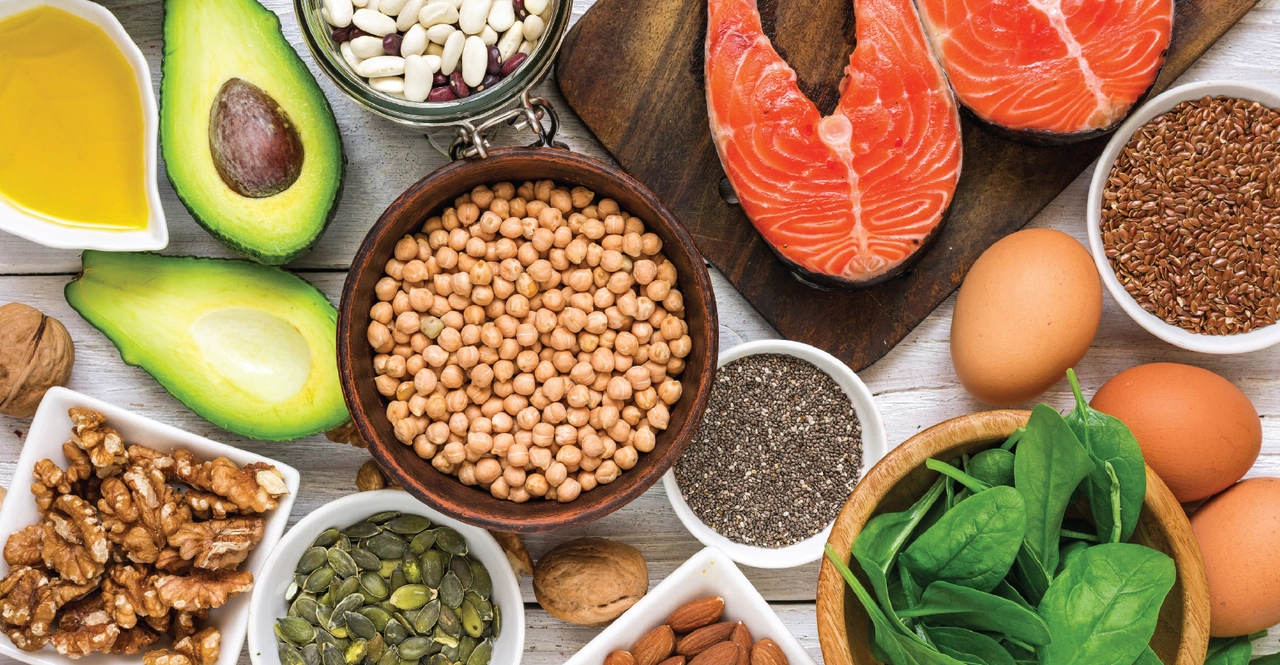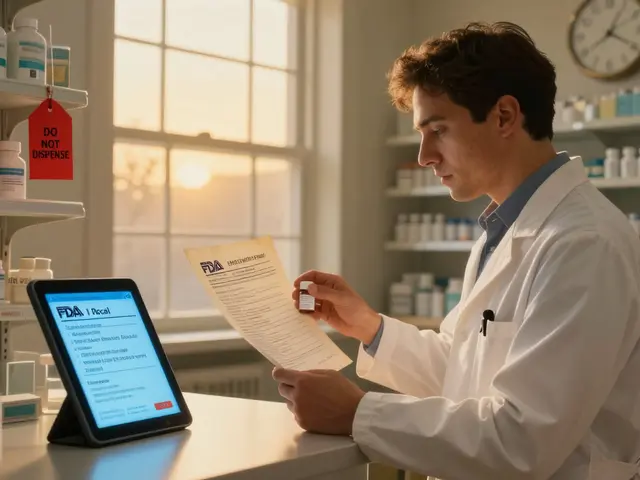Olive dietary supplements: benefits, safety, and how to use them
Want a simple, natural supplement that may support your heart, blood sugar, and immune system? Olive leaf extract and other olive-based supplements have become popular for those exact reasons. This page explains what they do, how to pick a quality product, what dose to try, and when to check with a clinician.
Olive supplements are different from olive oil. Olive oil is a food rich in healthy fats. Olive leaf extract and oleuropein supplements concentrate plant compounds with antioxidant and anti-inflammatory effects. The key ingredient people look for is oleuropein, and many clinical studies focus on it.
Real benefits you can expect
Research shows several practical effects you might notice: modest drops in blood pressure, small improvements in LDL cholesterol and total cholesterol, and better blood sugar control in some people. Olive leaf also has antimicrobial and antioxidant actions, so some users report fewer colds or milder symptoms when they take it during cold season. These benefits tend to be moderate — not a cure — but useful as part of a healthy routine with diet and exercise.
If you’re aiming for heart support, look for products standardized to oleuropein. Typical study doses range from 250 mg to 500 mg of extract taken once or twice daily, often standardized to 10–20% oleuropein. For general antioxidant support, lower doses might still help. When in doubt, start low and increase after a week if you tolerate it well.
Safety, interactions, and picking the right product
Olive supplements are usually well tolerated. Common side effects are mild stomach upset or headache. Important safety notes: olive leaf can lower blood pressure and blood sugar. If you already take blood pressure meds, diabetes drugs, or blood thinners like warfarin, talk to your doctor before starting. Pregnant or breastfeeding people should avoid concentrated olive leaf supplements because safety data is limited.
How to choose a quality product: check for standardized oleuropein content, third-party testing (USP, NSF, or an independent lab), clear dosing instructions, and simple ingredient lists without a lot of fillers. Liquid extracts, capsules, and tablets all work — pick what you’ll take consistently. Store capsules in a cool, dry place away from sunlight.
One practical tip: take olive extract with food to reduce stomach upset and help absorption. Expect results over weeks, not days. If your goal is blood pressure or blood sugar control, keep measuring those numbers so you and your doctor can see any change.
If you have a complex health condition or take multiple medications, a short conversation with your clinician can prevent interactions. Want product recommendations or help matching a dose to your needs? Use a vetting checklist: standardization, testing seal, transparent labeling, and customer reviews. Those four checks will steer you toward safer, more effective choices.

Get the Inside Scoop on Olive Dietary Supplements: Expert Tips and Advice
I recently delved into the world of olive dietary supplements and gathered some expert tips and advice to share with you all. These supplements are known for their potential health benefits, such as improving heart health and reducing inflammation. Experts recommend choosing high-quality products that contain standardized olive leaf extract or extra virgin olive oil to ensure you're getting the most benefits. It's also crucial to consult with your healthcare provider before starting any new supplement, as they can guide you on the appropriate dosage based on your individual needs. So, if you're considering adding olive dietary supplements to your routine, make sure to do your research and choose wisely!
Read More




